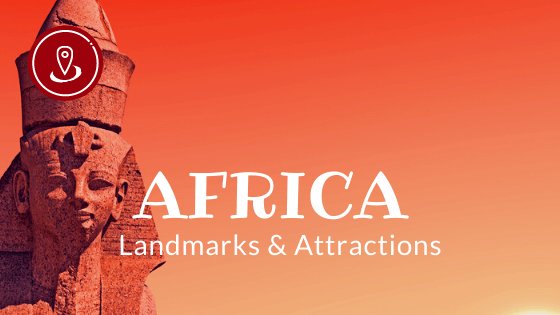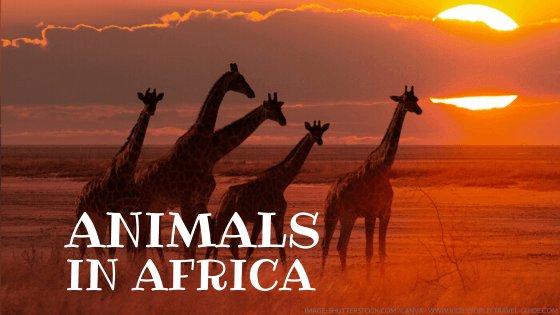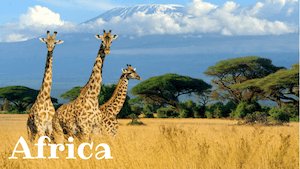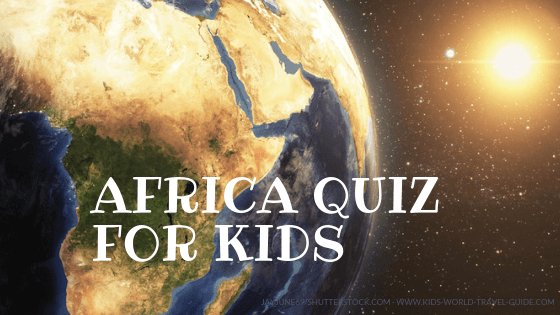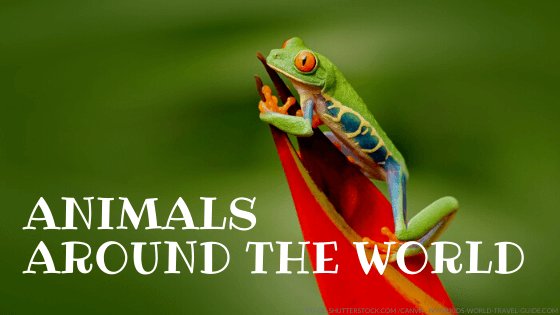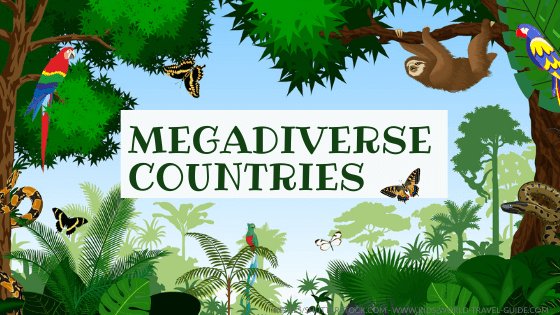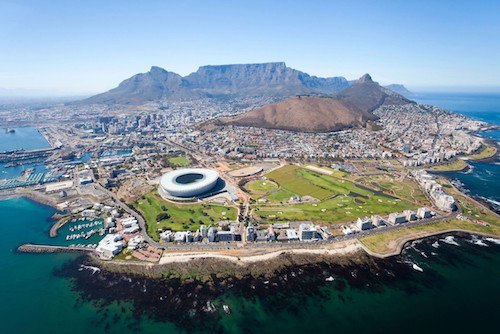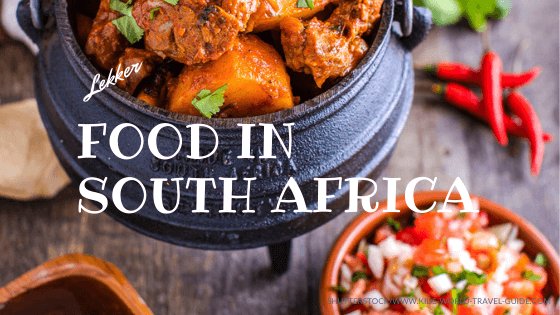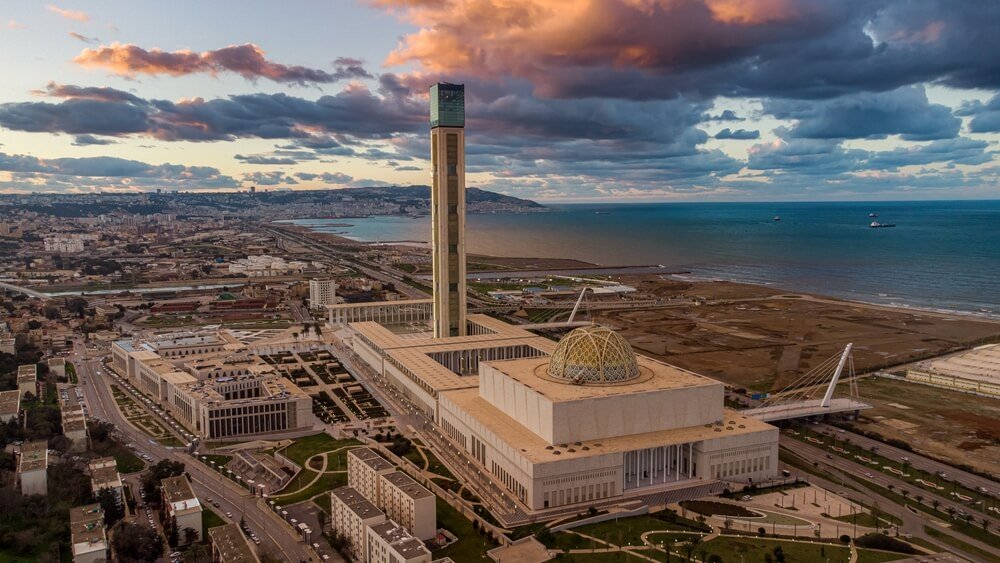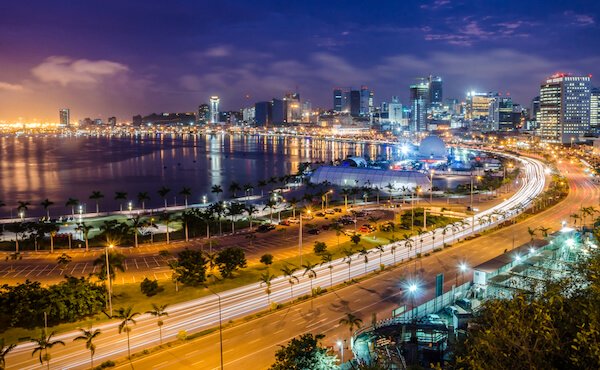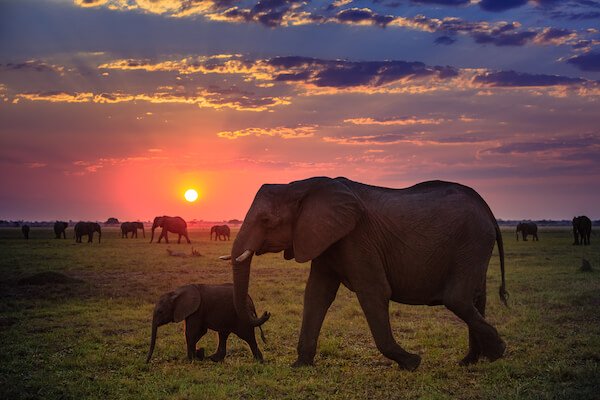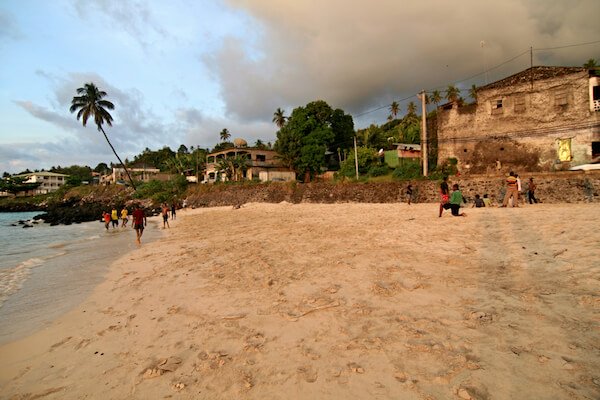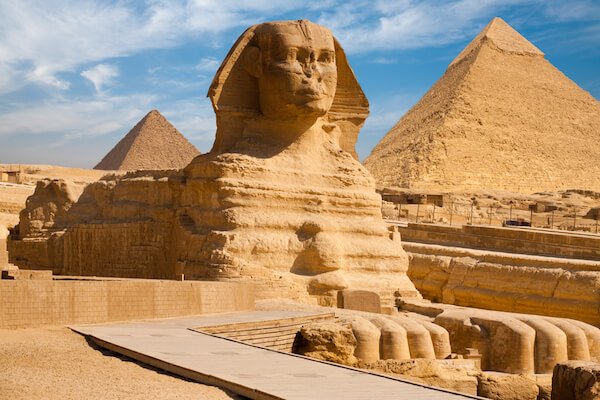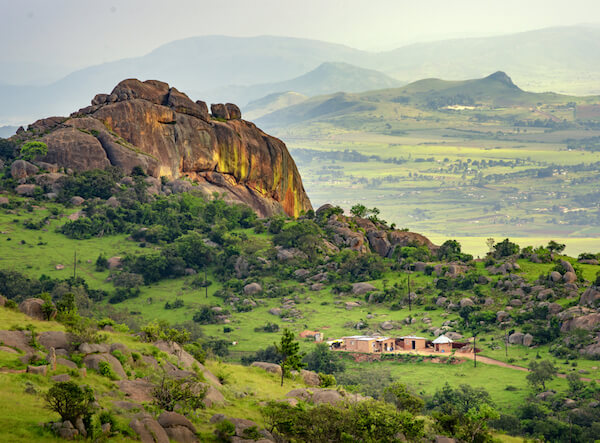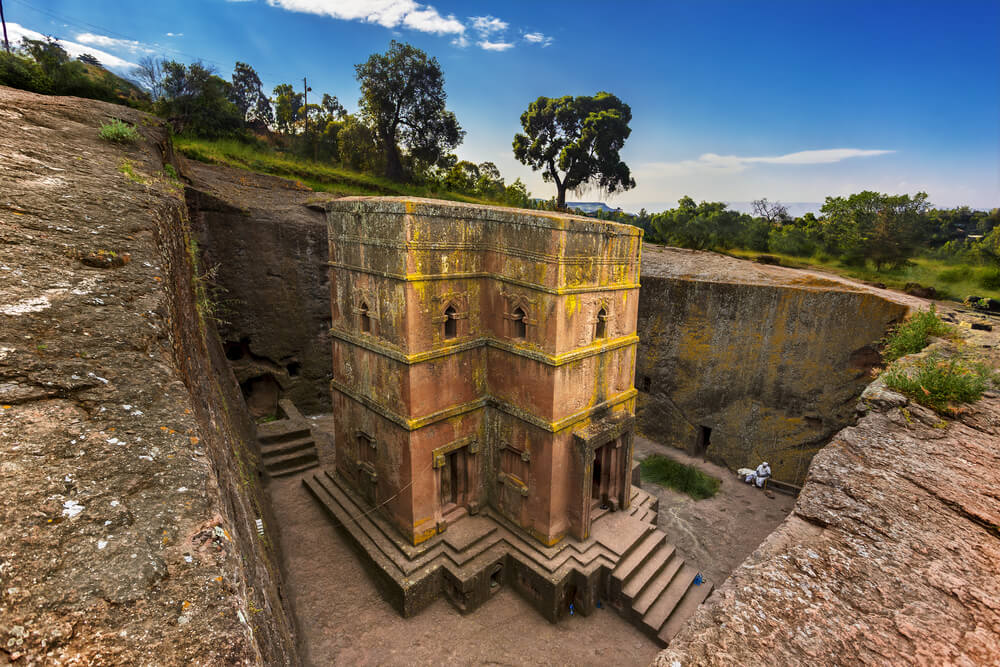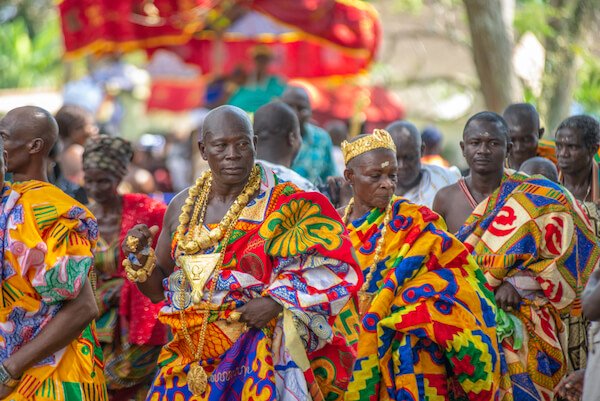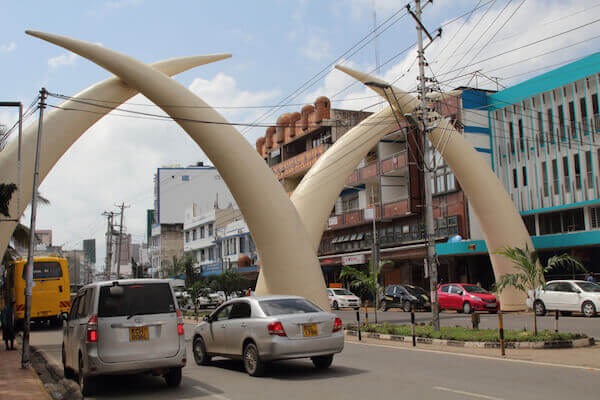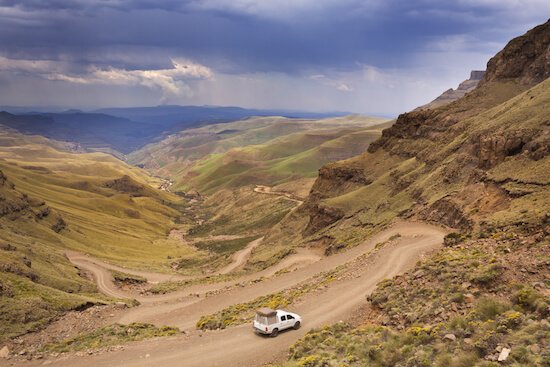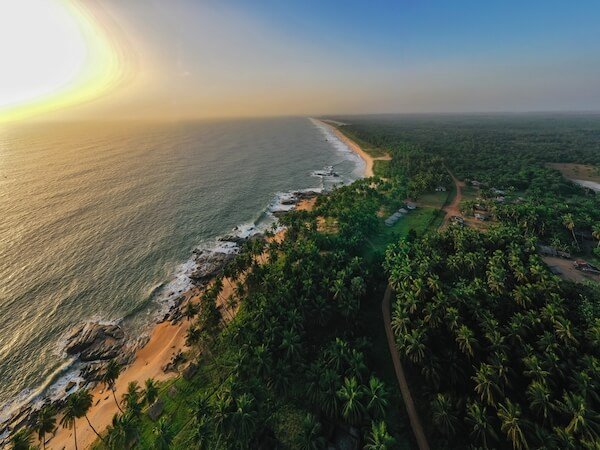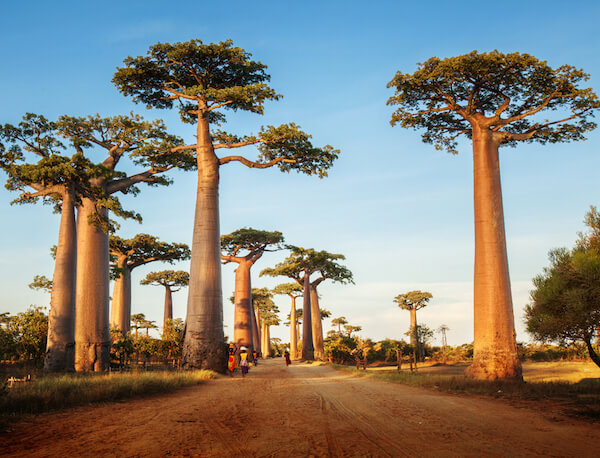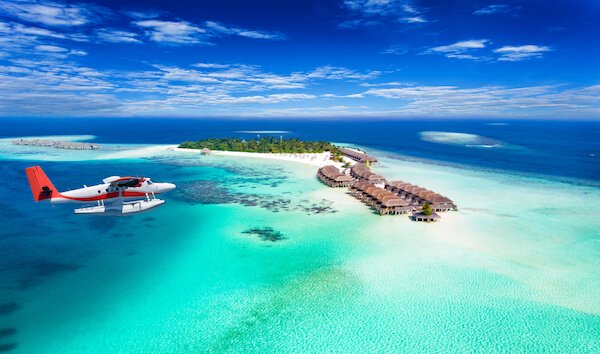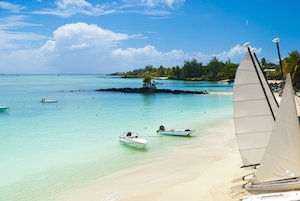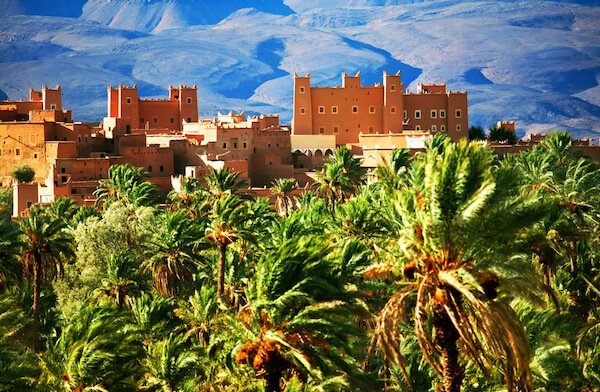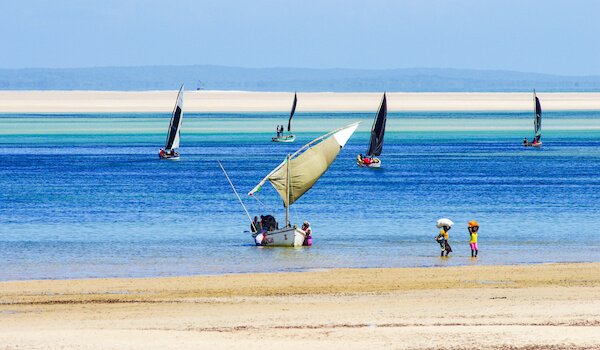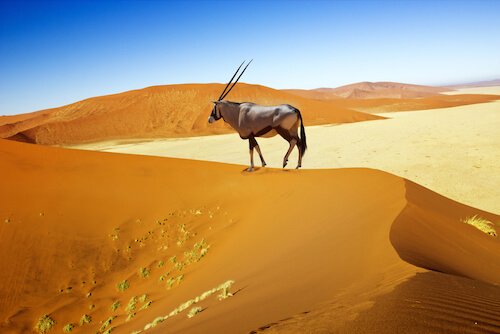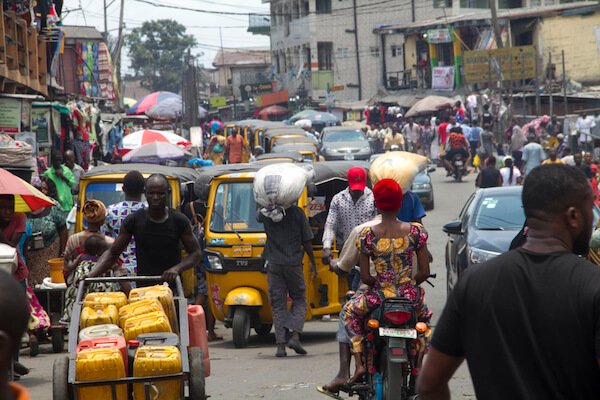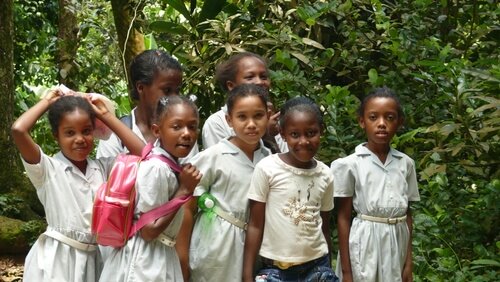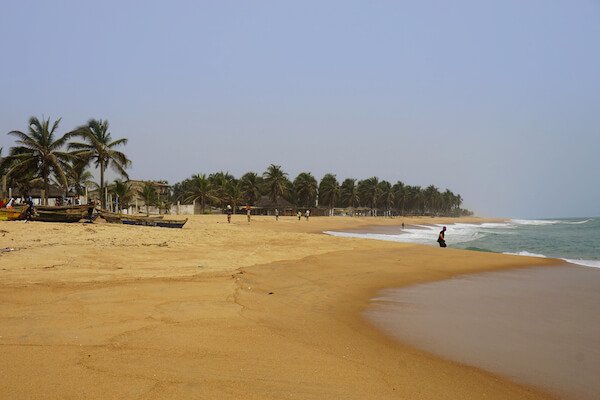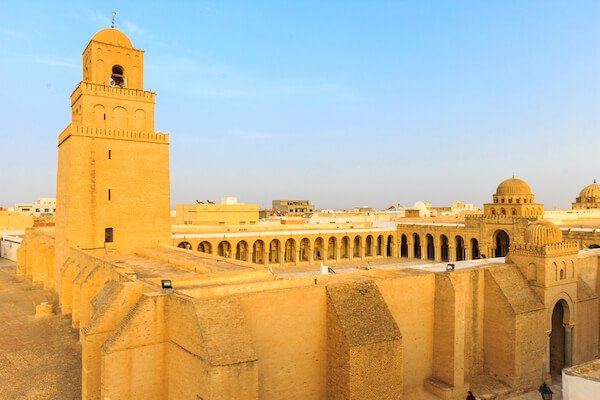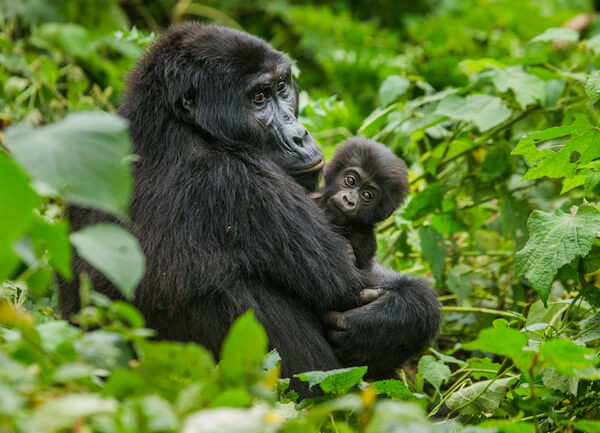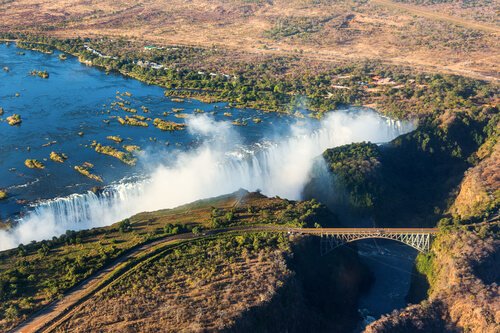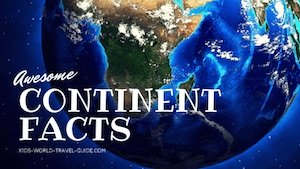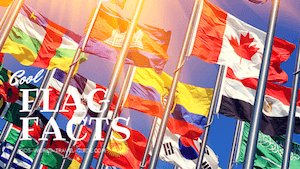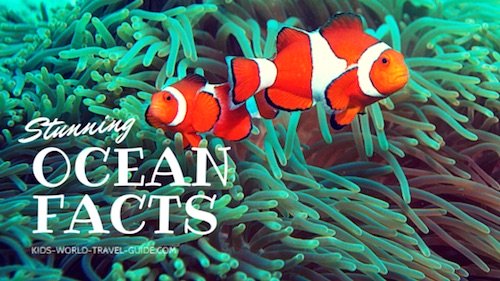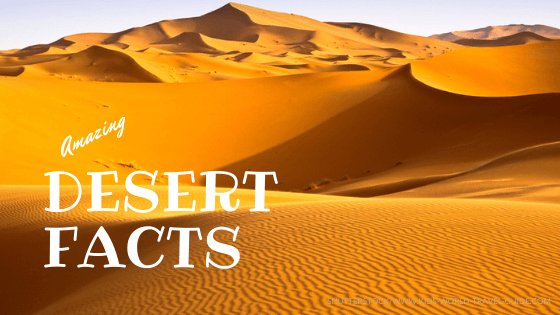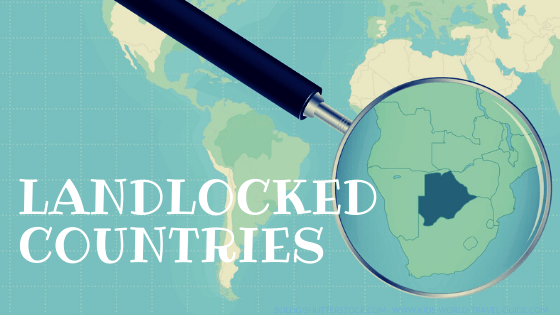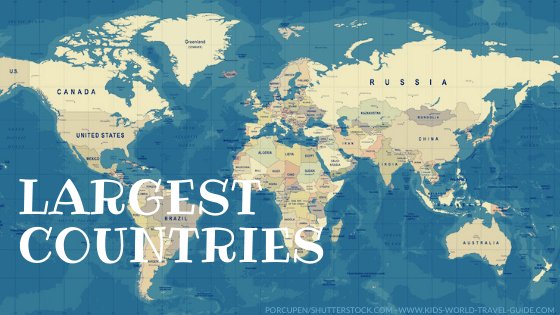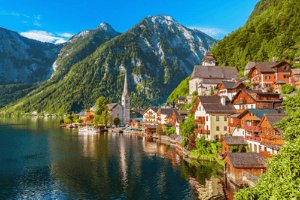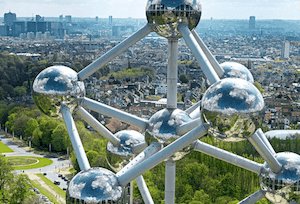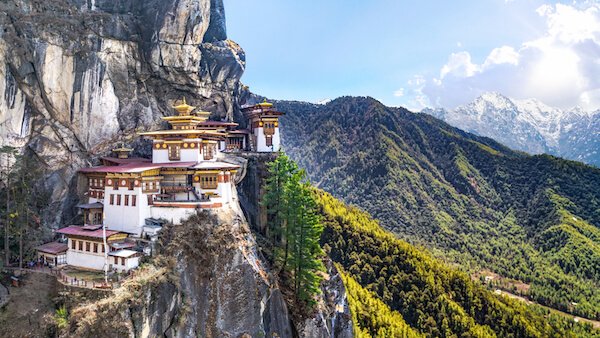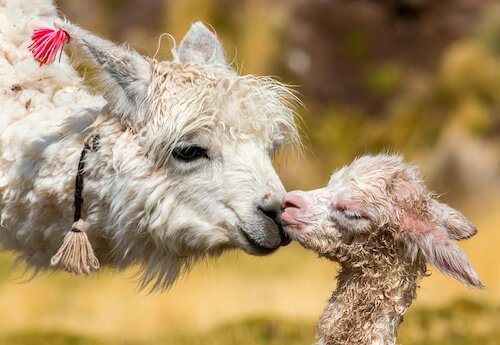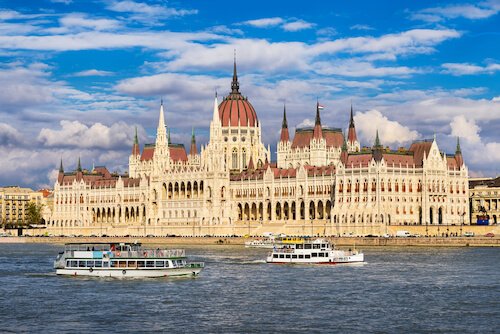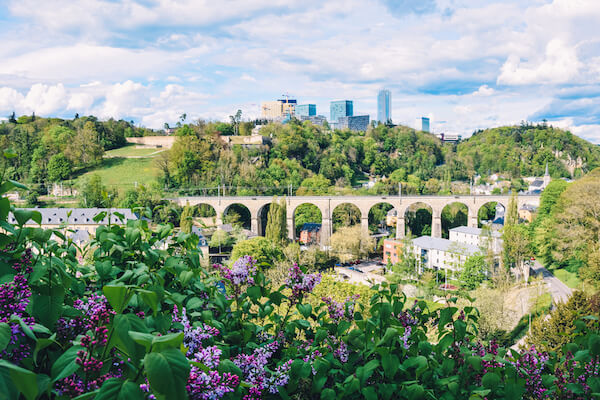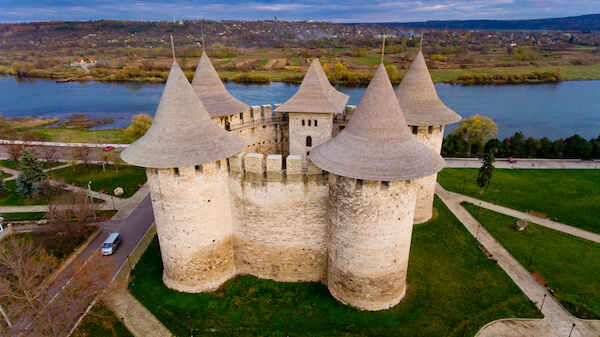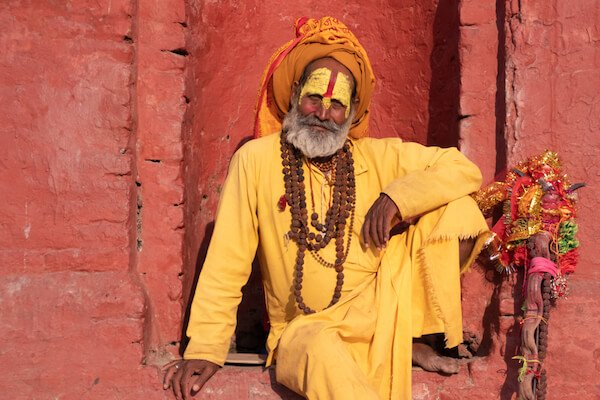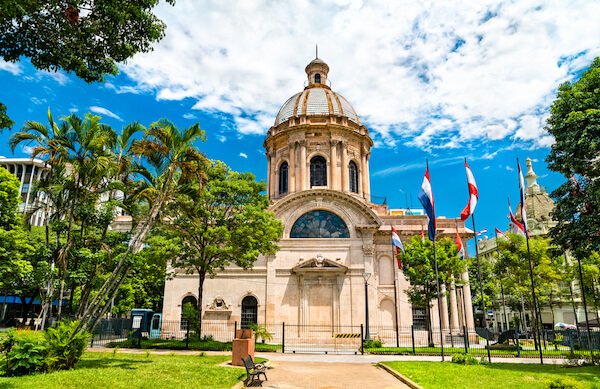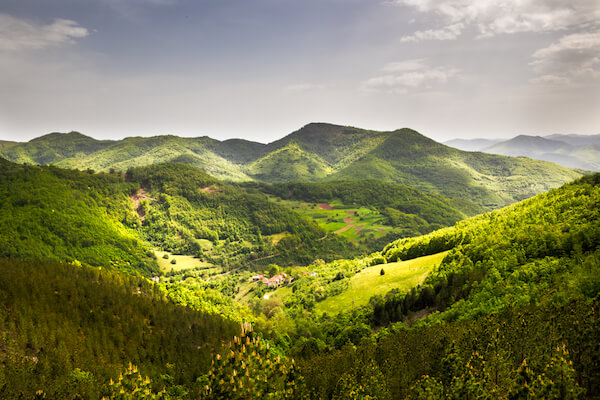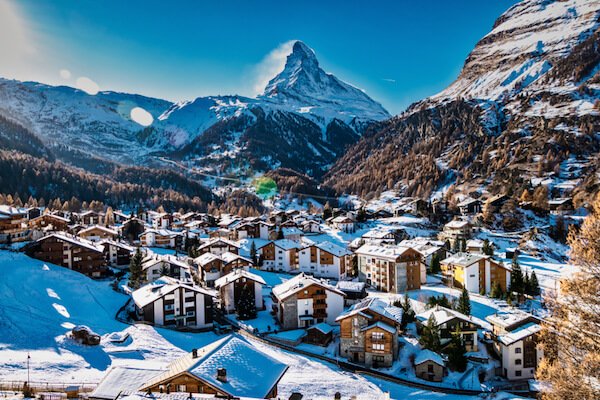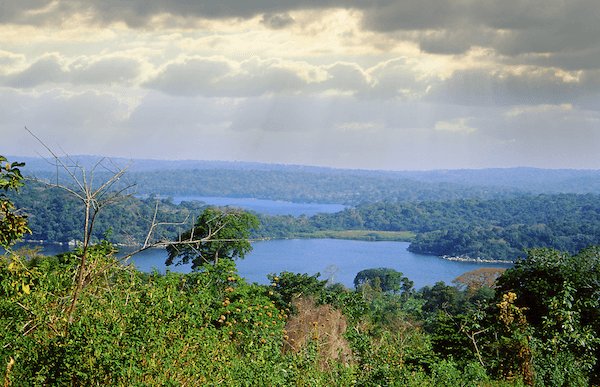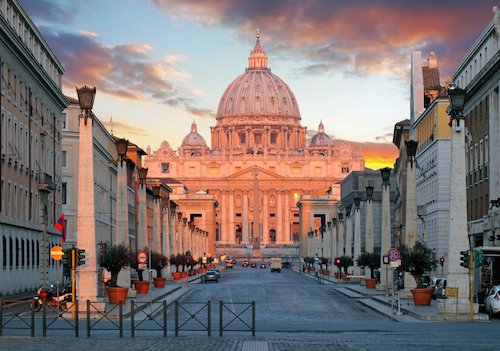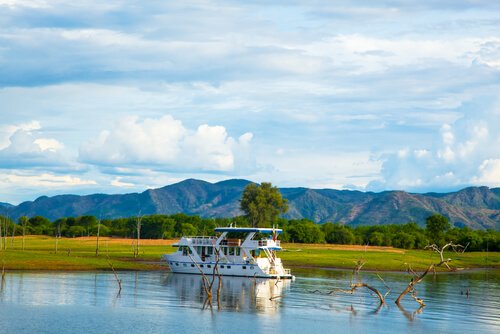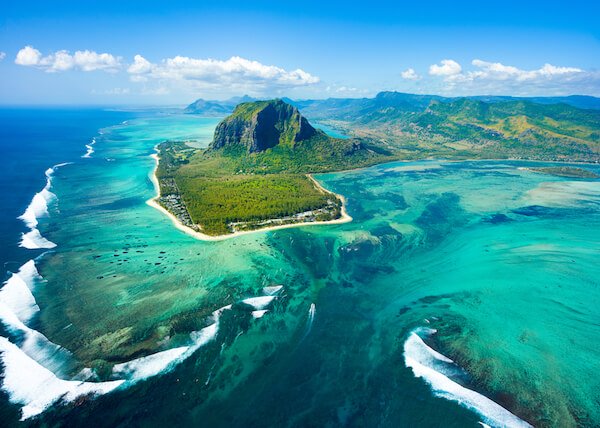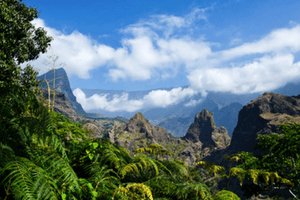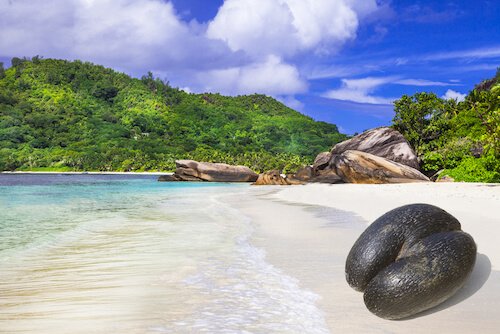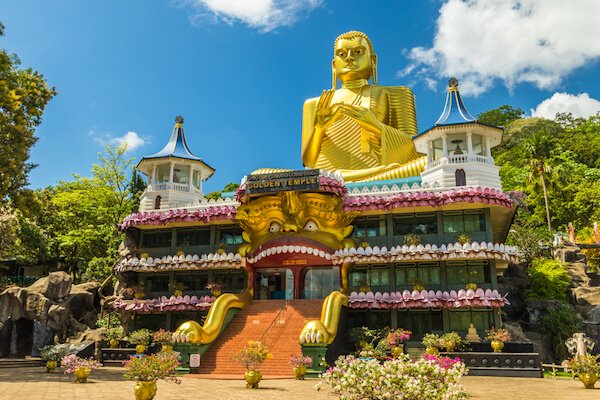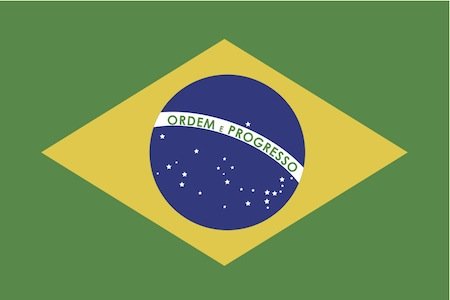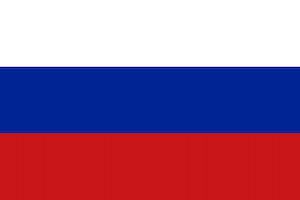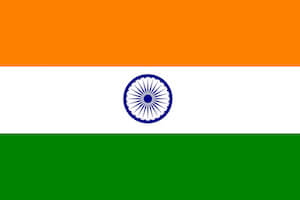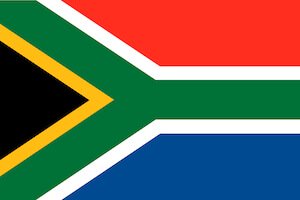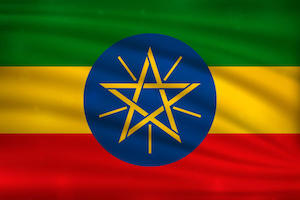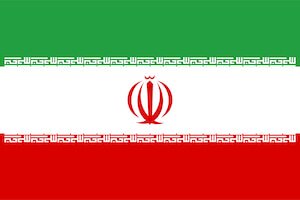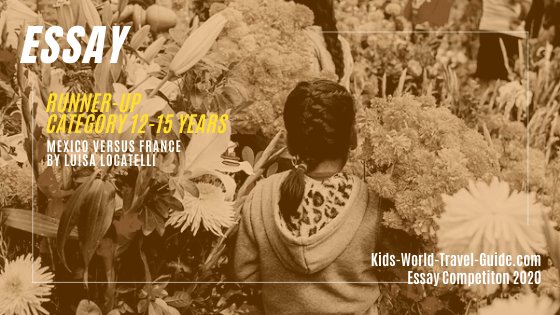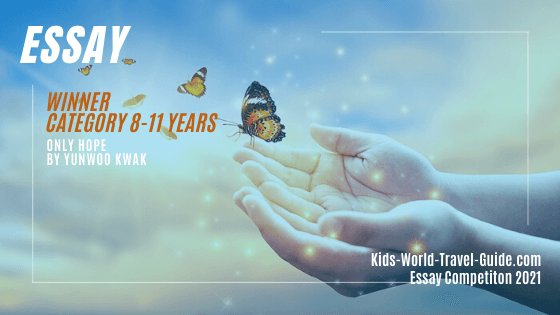South africa Animals
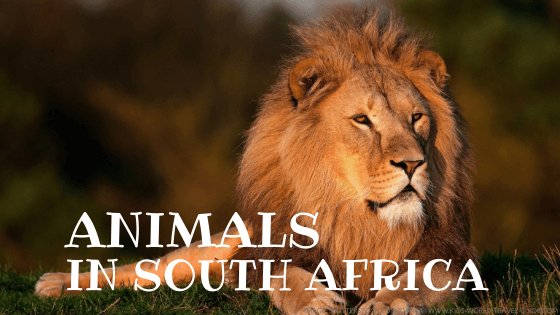
There are some most impressive South Africa animals! Wildlife in South Africa is abundant, with almost 300 mammal species.
South African animals you should know about
Among the South African animal species are some of the world’s tallest, fastest or even tiniest animals such as the majestic giraffe, the speedy cheetah or the tiny pygmy shrew.
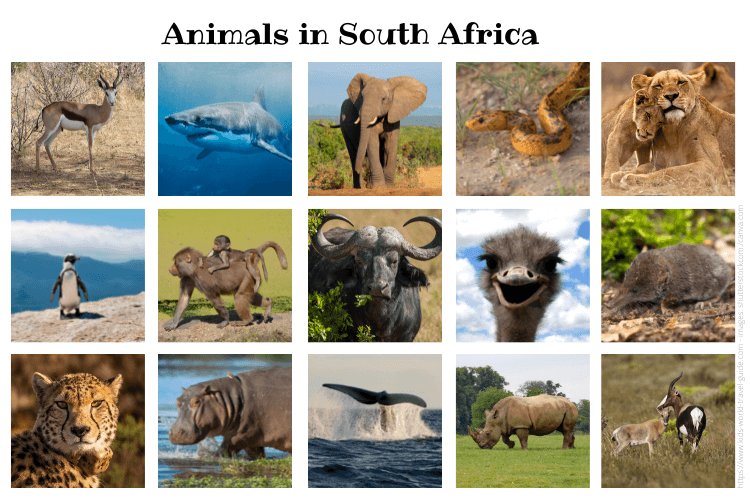 Animals in South Africa
Animals in South AfricaSeveral animal species are endangered such as the African wild dogs, the oribi or the rhino which is hunted for its horn. Many wild animals are kept and protected in national parks or private game reserves.
Conservation efforts in South Africa have been successful in growing populations of the mountain zebra and bontebok, an antelope species that only exists in South Africa.
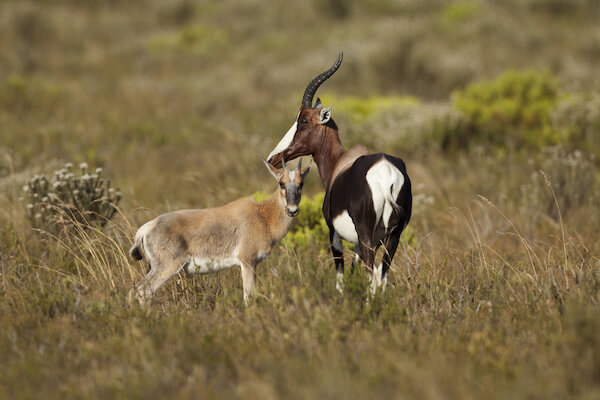 Bontebok with calf
Bontebok with calfThe Blue Crane is the South African national bird. It is one of the vulnerable bird species that are native to South Africa.
Over 850 species of birds live in South Africa, many can only be found here. Among the typical African bird species that can be seen in South Africa are the ostrich, kingfishers, sunbirds and the blue crane.
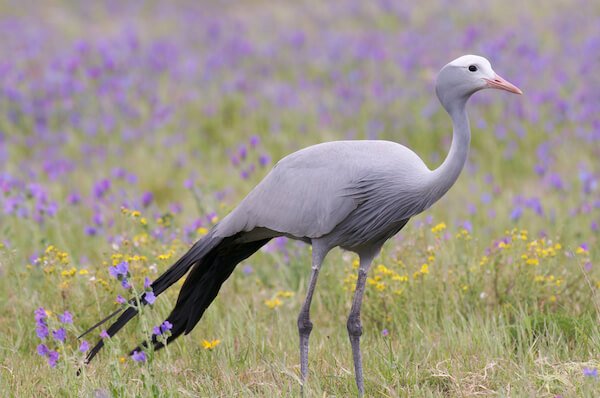 Blue Crane - the South African national bird
Blue Crane - the South African national birdSouth Africa Animals | Big Five
And then of course, there are the Big Five: elephant, buffalo, rhinoceros, lion and the leopard.
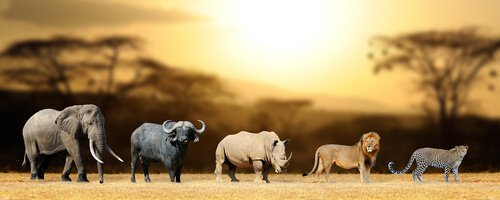 South Africa's Big Five
South Africa's Big FiveThe term ‘Big Five’ is used to describe the power and strength of the animals. The term was coined last century as these five animals were the most difficult to be hunted on foot.
The 'Big Five' are shown on the South African bank notes.
15 Animals in South Africa you should know about
1. Springbok
The springbok is the national animal of South Africa. Springboks are very common in rural areas and on many farms. The springbok belongs to the Antelope species that includes over 90 different species, that are mostly native to the African continent.
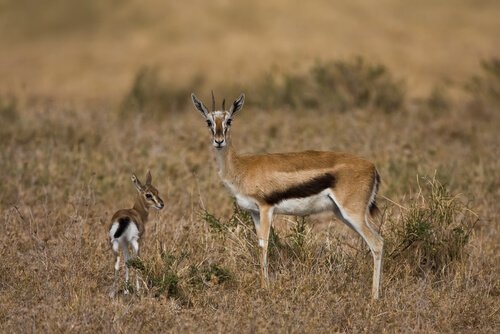 Springbok and lamb
Springbok and lambThe springbok is very common in the bush veld and in deserts of South Africa. This antelope can jump up to 2 m/ 6.5 ft high. Watch them jump here. Did you know that the South African rugby team is called "The Springboks"?
2. Lion
These big cats live in prides that are led by a male lion. Lions are only encountered in enclosures or private game reserves as well as some national parks. The Southern African lions are the largest of the lion species.
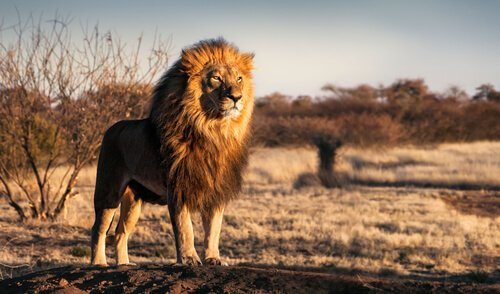 African lion
African lion3. Elephant
The African elephant is the largest land-based mammal and can grow up to almost 4 m/13 ft tall. Elephants live in tight-knit families and are very protective of their young.
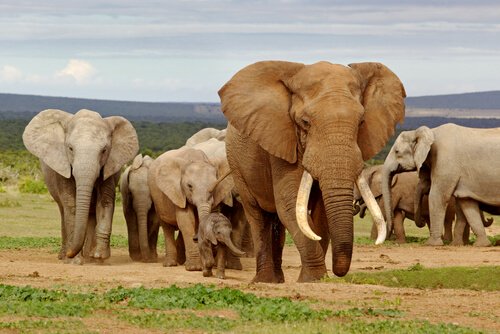 Elephants in Addo Park
Elephants in Addo ParkElephants have an excellent memory. Sadly there are only few wild elephants left in South Africa, elephants are endangered and thus kept in national parks such as Kruger Park or Addo Park as they are hunted for their tusks.
4. Buffalo
These huge animals can be spotted near waterholes in many South African national parks. They usually move in herds and can be really aggressive!
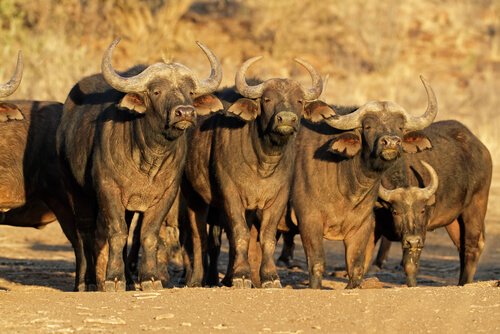 Herd of buffalos
Herd of buffalosRemember, buffalos belong to South Africa's "Big Five".
5. Rhinoceros
South Africa animals: There are white and black rhinos, both of which are massive and strong. They cannot see well, but smell their prey. These endangered species are poached for their precious horn.
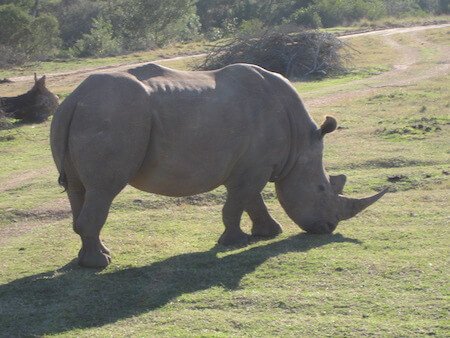 White Rhino in Addo Park
White Rhino in Addo ParkAlthough the black and white rhino can hardly be distinguished by their skin colour, it's quite easy to recognise the rhinoceros species. The white rhinos have a broad lip and are called friendly, as they are not as aggressive as the black rhinos, which have a small lip and look more threatening.
6. Leopard
In South Africa, the leopard lives mainly in game reserves. Only a few of these big cats are left to roam freely in the remote bush veld. They hunt at night but during the day, they usually hide on or under trees.
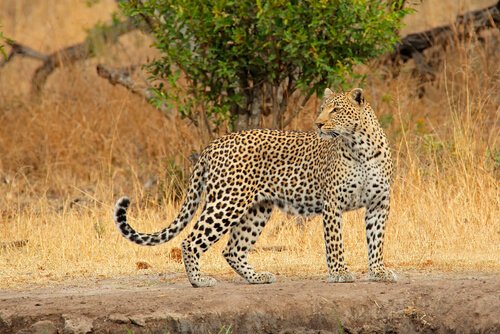 Leopard in the bush veld
Leopard in the bush veldLeopards can also be spotted occasionally on rocks or craggy hills.
7. Baboon
Baboons are cheeky monkeys that can often be seen along the roadside in South Africa.
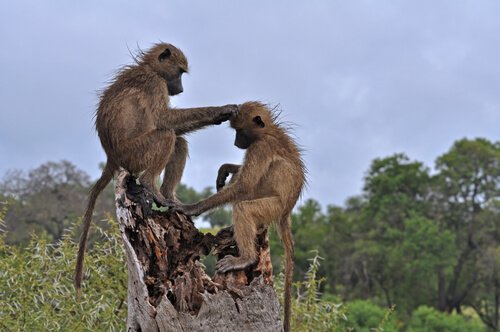 Baboons
BaboonsThey can be quite curious and are also known to approach people, but be careful and do not touch or feed them, they're quite strong and have very sharp teeth.
8. Hippopotamus
Hippopotamuses (also known as hippos) are the most dangerous mammals. Hippos cannot swim, they only walk or run underwater!
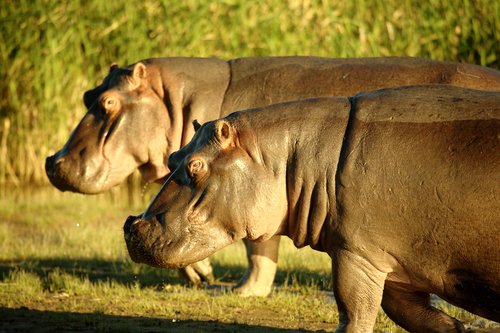 South African hippos
South African hipposIn St Lucia, a small town in the iSimangeliso wetlands, you can encounter hippos at night when they roam the streets in search for water or food. See our link in the resources below for more info and photos.
9. Pygmy shrew
South Africa animals: The pygmy shrew is the world’s smallest mammal. The tiny shrew which looks like a mouse is only 8 cm/3 inches long and weighs less than 4 g/a teaspoon of sugar.
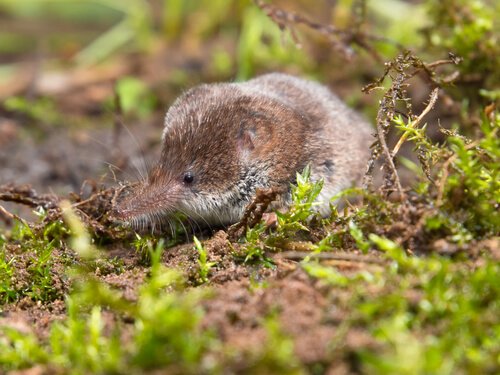 Pygmy shrew
Pygmy shrew10. Whale
South Africa animals: There are eight species of whales in South African waters. Southern Right Whales can be seen along the entire western and southern coastline, where they can be seen from May to December.
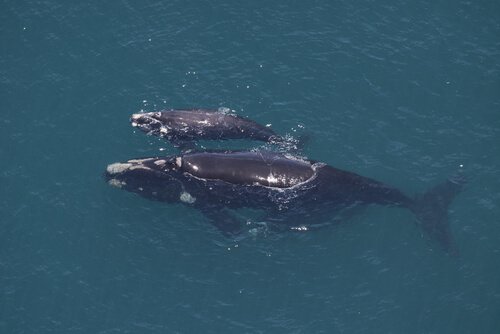 Southern Right Whale and Calf
Southern Right Whale and CalfThe town of Hermanus, a three-hours drive from Cape Town, even has its own whale crier, who announces when whales are in the bay, this it is a major spectacle.
11. African penguin
There are three penguin colonies in South Africa. Two of the penguin sites are at Boulders Beach near Cape Town, where you can even swim with penguins!
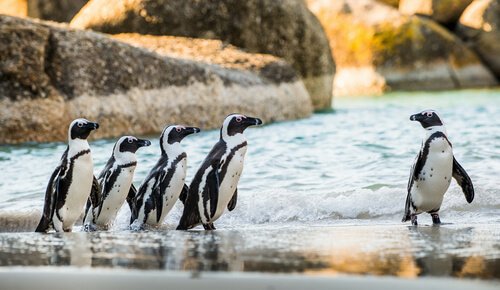 Penguins at Boulders Beach penguin colony
Penguins at Boulders Beach penguin colonyRead more about African penguins here.
12. Ostrich
The largest of the bird species are flightless, but grow up to 2.7 m/ 8.8 ft tall. They roam the countryside freely but are kept also on large ostrich farms. The town of Oudtshoorn in south-western South Africa is known as the 'ostrich capital of the world'!
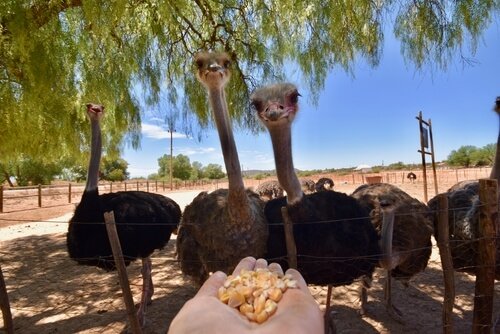 Feeding South African ostriches
Feeding South African ostrichesOstriches have big eyes, but a very small brain! Their eggs are huge and weigh up to 1.9kg/ 4 pounds! One egg can be feed up to 19 people at a time!
Be aware that ostriches have a powerful kick, which can kill a person. So when you see an ostrich approach, lie flat on the ground, so they cannot kick you!
13. Sharks
There are several shark species swimming in South African waters. Great white sharks are not the largest shark species in the world but certainly impressive! They can become massive, up to 7 m/23 ft in length - this is almost half the length of a basketball court!
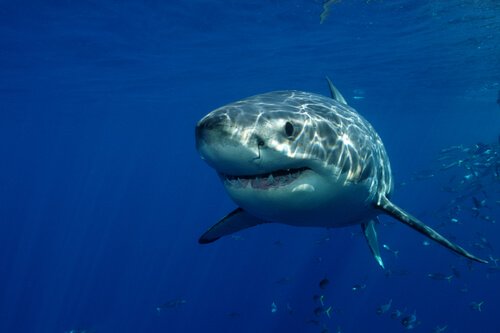 Great White Shark
Great White SharkOnce a shark is fully fed, it can live without food for three months. Sharks follow vibrations in water when searching for prey. They also have a very good sense of smell and can also detect the scent of blood from about 5km/3 miles away.
14. Scorpion
South Africa animals: There are 175 species of scorpions in South Africa!
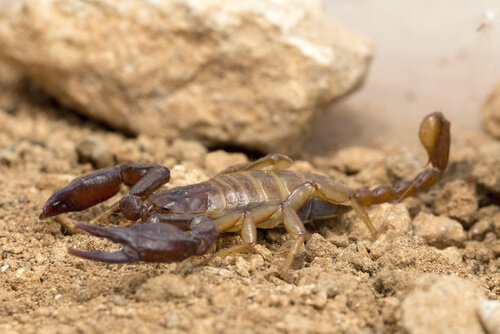 Scorpion
ScorpionThough most of them are harmless, look at the pinchers and tail to determine if a scorpion is venomous. In general, only scorpions with small pinchers and a short thick tail are venomous.
15. Cape Cobra
The Cape Cobra is one of the most deadly snakes in the world! Together with the puff adder, the boomslang and the green or black mamba, they are the most poisonous snakes in South Africa.
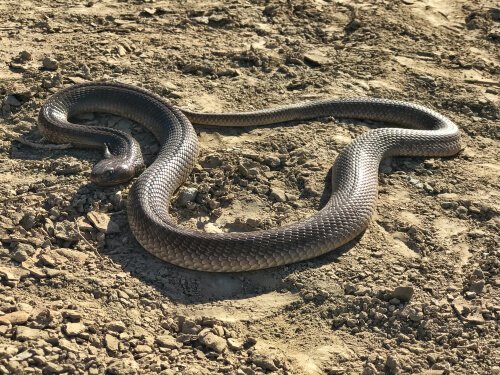
Cobras can be encountered throughout the country, so be careful when walking through dunes or bushland especially close to the sea, rivers or near a national park.
Crocodiles are found in South Africa as well, mostly in the eastern and northern provinces.
South Africa Animals | Did you know...?
And this cute animal we just could not leave out - so here is our number 16 of South Africa animals. The cute green and orange striped Cape Dwarf Chameleons are home in many gardens around Cape Town.
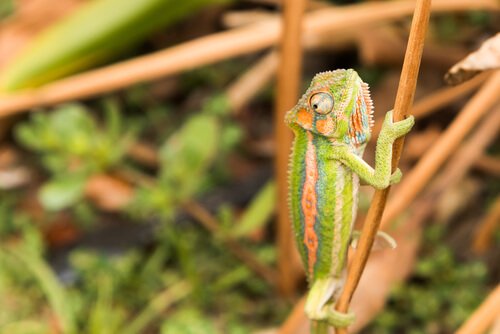 Cape Dwarf Chameleon
Cape Dwarf ChameleonThe eyes of the tiny chameleon move independently from each other and can turn in all directions. The tongue is about twice the length of the chameleon’s body so it can catch insects that are quite a distance away!
Resources: South Africa Animals
Good resources for the South Africa Animals page were:
- Baboon Matters. "Baboon facts" Baboon Matters. Last accessed 24 May 2022
- Heritage Tours and Safari. "Hippo facts". StLuciaSouthAfrica.com.Last accessed 24 may 2022
- Siyabona. "Kruger Park Reference Guide." SiyabonaAfrica. Last accessed 24 May 2022
- Kate Black. "All the small things: Captivated by the Cape Dwarf Chameleon" TableMountainFund. 26 October 2016. Last accessed 24 May 2022
- Getaway. "10 endangered animals in South Africa and how you can help." Getaway. Last accessed 24 May 2022
Image credits for South Africa Animals: shutterstock.com if not otherwise mentioned
Popular Pages
More Countries in Africa
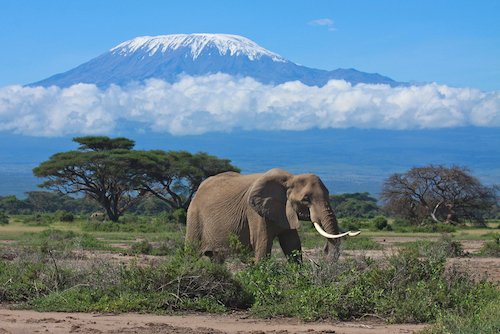 Tanzania
Tanzania